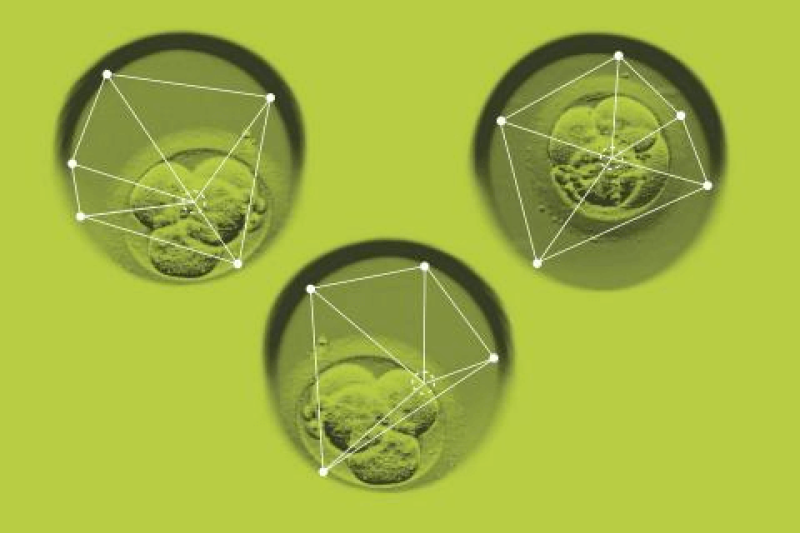Which prospective parent has not wanted to influence how their child will turn out? It underpins our choice of partner, after all. But what if one could amplify that influence further, harnessing the latest advances in reproductive and genetic technologies to select for intelligence, say, or sporting ability?
Americans are employing preimplantation genetic testing for both monogenic disorders (those caused by the inheritance of single gene mutations, such as haemophilia and cystic fibrosis) and polygenic disorders (those requiring multiple genetic factors to manifest, such as diabetes and heart disease). More controversially still, they are using polygenic risk scores, which purport to offer a measure of your disease risk due to your genes. This embryo screening is only possible, of course, with in vitro fertilisation (IVF).
When it comes to screening embryos for complex traits, which may be born out of a desire to have more intelligent children, for example, does Khan worry about unintended consequences? “There’s going to be less suffering in the world. People are going to be better-looking, healthier and smarter – what’s not to like? But the main issue is you smooth out all the rough edges, and you might over-optimise,” Khan replies.































